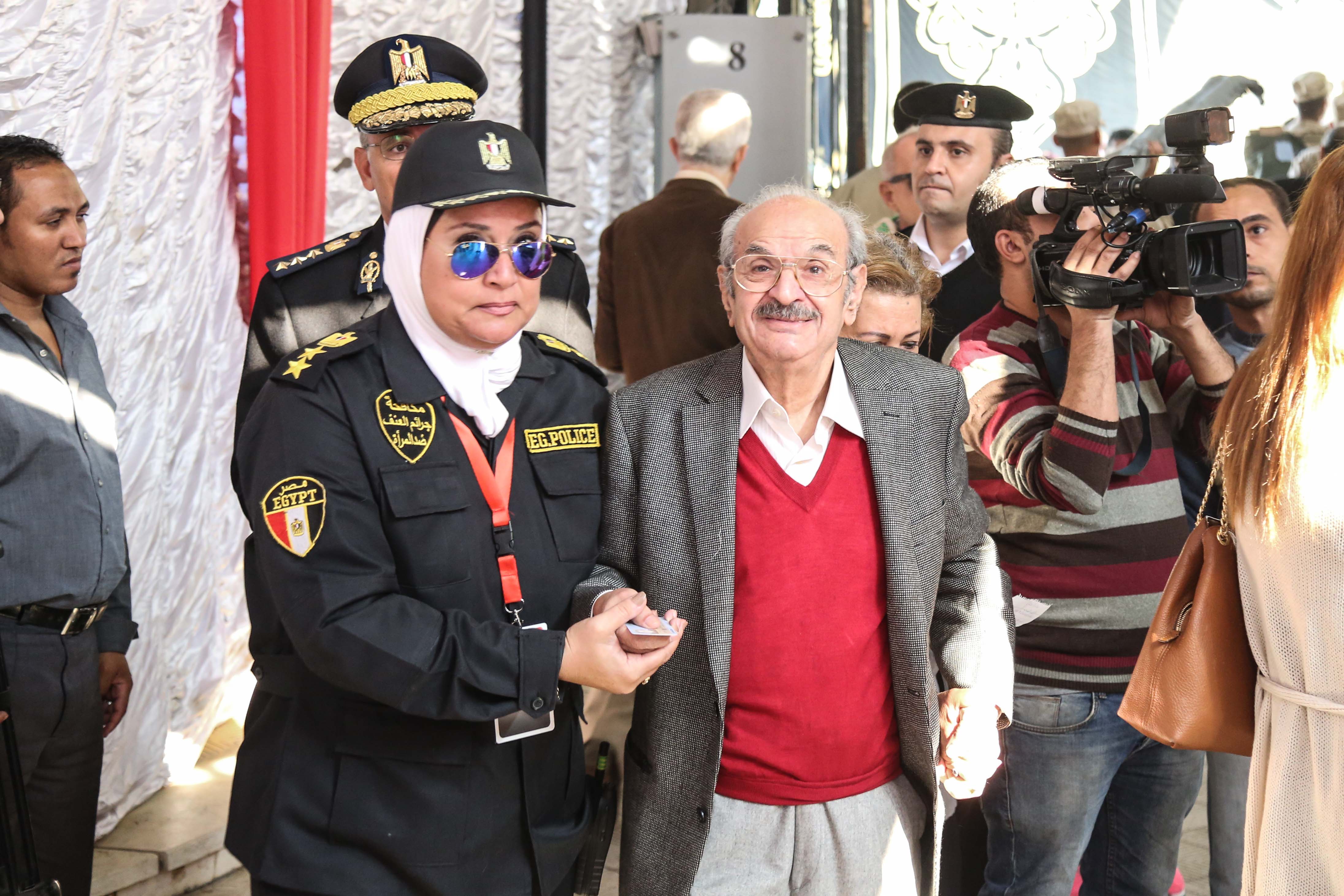Provinces with higher turnout contribute less to tax revenues

By Mohamed Gad
The highest voter turnouts in Egypt's parliamentary elections came from the provinces that provide the lowest percentages of national taxes, contrary to multiple political science theories.
Numerous theories link participation in the political process with tax paying, suggesting that those who pay more taxes are more interested in seeing how they are used; so they vote to choose the representatives who would monitor the use of taxes.
The notion that tax paying is linked to being active in political life dates back to the protests leading up to the American Revolution against the British colonial powers when Americans raised the famous slogan: “no taxation without representation.”
Official data released for the first time by the Ministry of Planning earlier this month point out that over 60 percent of taxes come from the Greater Cairo metropolis and Alexandria, in a scan conducted for the fiscal year 2012/2013.
Elections were held ovfer the past two months for choosing the members of the House of Representatives. Voting kicked off on Oct. 17 and ended last week after all 568 seats were filled up. The president may appoint up to 28 other representatives, bringing the total House seats to 596.
The provinces where the most economic activity was taking place had the least enthusiastic voters, according to figures on the voter turnout provided by the Supreme Electoral Commission (SEC).
The Greater Cairo area includes the provinces of Cairo, Giza and Qalyubia, where the voter turnout rates were 20.5 percent, 22.5 percent and 31.6 percent, respectively.
Despite fairing higher than Cairo and Giza, Qalyubia still came in 15th place out of 27 Egyptian provinces in voter turnout, while the turnout rate in Alexandria was 24 percent.
The provinces where the voting was highest include South Sinai where the voter turnout was 41.6 percent, the New Valley, Kafr el-Sheikh, Daqhliya and the Red Sea, which also happen to be among the least contributing to taxes.
South Sinai, for instance, wass the source of 1.1 percent of all taxes paid in the fiscal year 2012/2013, the New Valley did not provide any taxes and Kafr el-Sheikh supplied 0.5 percent.
The highest among those five provinces was Daqhliya where 1.5 percent of taxes came from, while the Red Sea Valley provided 0.7 percent of taxes that year.
Assistant professor at the Department of Economics at the American University in Cairo Samer Atallah said sometimes voters in economically marginalized provinces are more “interactive” with parliamentary elections.
They vote for representatives who promise better services if elected, to make up for the absent role of the state which is more interested in providing services in larger cities like Cairo and Alexandria, Atallah said.
Nonresident scholar at the Carnegie Middle East Center Amr Adly agrees with Atallah, saying that outside the bigger provinces in Cairo and Alexandria, “vote-buying is easier” in the less populous and less affluent provinces.
But both Atallah and Adly say the elections were in general marked by a low voter turnout, which was more marked in the larger cities.
Earlier this month, SEC announced that the average voter turnout rate of both phases of the parliamentary elections was 28.3 percent.
Atallah believes that the lower turnout in provinces with an “economic weight” reflects voters’ feeling that the parliament’s oversight role will not be serious in the upcoming period.
Adly said the lower turnout in the larger provinces also reflects a “silent approval of the policies currently being adopted by the executive authority, adding that it also might be a “silent objection”. He says it will be clear with time, whether it is approval or objection.
Professor of economics at the American University in Cairo Nadia Ramses believes taxes and political participation can be linked in capitalist economies like that of the U.S., but adds that the relationship between the people and the government in Egypt has had a “patriarchal nature” for long periods of time.
People with small businesses, for example, do not care about political participation because powerful businessmen ran for elections and are likely to defend their interests, she said.
The highest voting Egyptian provinces are the least taxpaying









facebook comments